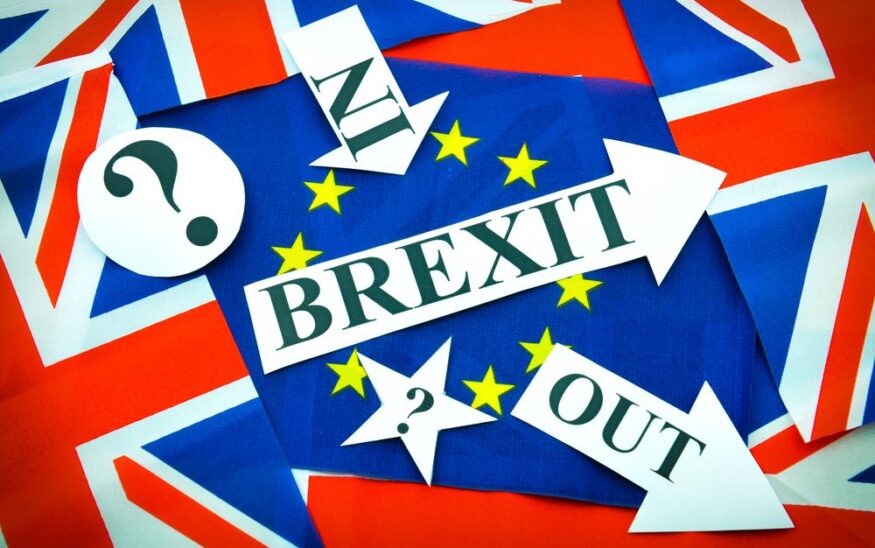Brexit: Should Britain stay in the EU — or should it go?
What would its EU departure mean for the British and us?
Fred Taylor //June 14, 2016//


Brexit: Should Britain stay in the EU — or should it go?
What would its EU departure mean for the British and us?
Fred Taylor //June 14, 2016//
On June 23, voters in the United Kingdom will decide whether to continue their membership in the European Union – the economic political union of 28 member states formed in 1993. At this point in time, it appears Britain will stay put, but there is an outside chance voters will decide differently.
The mere threat of leaving the EU has had a negative impact on the British pound this year, making it the weakest it has been against the U.S dollar in seven years.
On the surface, the Brexit question is rather simple: maintain the status quo or go it alone. However, the ramifications of leaving the European Union are very complicated and could have long-lasting effects on the British pound and Britain’s economy going forward. It could also have an impact on the country’s very strong credit rating. Since the EU was created, no country has chosen to leave, so this would set a dangerous precedent for other members to leave, too, which could be disastrous for free trade across Europe.
How did Britain even find itself in this position? When Prime Minister David Cameron ran for re-election last year, he promised to hold a referendum vote on the EU, to settle concerns that Britain was losing control to Europe on key issues such as immigration and trade.
There is a strong contingent of voters who believe that if the United Kingdom stays in the European Union, they will be morally obligated to allow more immigrants into their country and face the same issues as their neighbors across the channel, namely overcrowding and increased competition for low-paying jobs.
Even if British voters decide to leave the EU this month, there is a two-year waiting period, which would provide time to rework numerous trade agreements with the rest of Europe, according to the 2007 Treaty of Lisbon.
Being a member of the EU allows Britain tariff-free trade with other members, which provides the country with millions of additional customers to buy British goods. New trade agreements would have to be renegotiated which may not be possible because of a backlash against the UK for daring to leave the EU. Today, there are 53 different trade agreements in place, all of which would become null and void if Brexit passes.
Cameron vehemently opposes leaving the EU and enlisted President Obama to speak out against an exit just a month ago. Cameron thinks the economic fallout will lead to a much weaker pound, which in turn, will dramatically increase borrowing costs for Britain. According to Bloomberg, the current account trade deficit in the UK is an already high 5 percent of GDP. A weaker pound will exacerbate the trade deficit.
With less demand for its products and its currency declining, some fear that Brexit could push Britain into a recession. Unemployment could rise as London in particular, loses its credibility as a financial capital of Europe, prompting the relocation of jobs to new financial centers in cities such as Brussels, Paris, Frankfurt, and Dublin.
What would Brexit mean to Americans? Those invested in British companies could see a drop in stock prices, particularly for firms that import raw materials, because their costs would rise in the face of a weaker British pound. Companies based in the UK that rely on domestic growth would be hurt by lower growth prospects and finally British tourists might stay at home because the pound wouldn’t buy as much as it once did.
A weaker pound, however, is good for Americans going to London to see Wimbledon later this month and who want to spend time vacationing in Britain this summer.
One thing is certain, thanks to Brexit, market volatility for currencies and international stock markets will increase dramatically in the short term. At Northstar we own a few British companies in our dividend growth model. These companies pay meaningful dividends, have international sales, and most importantly, have a history of increasing their dividends annually. If Brexit happens, we suspect these companies will get cheaper in the short-term, which may present a long-term buying opportunity.

























